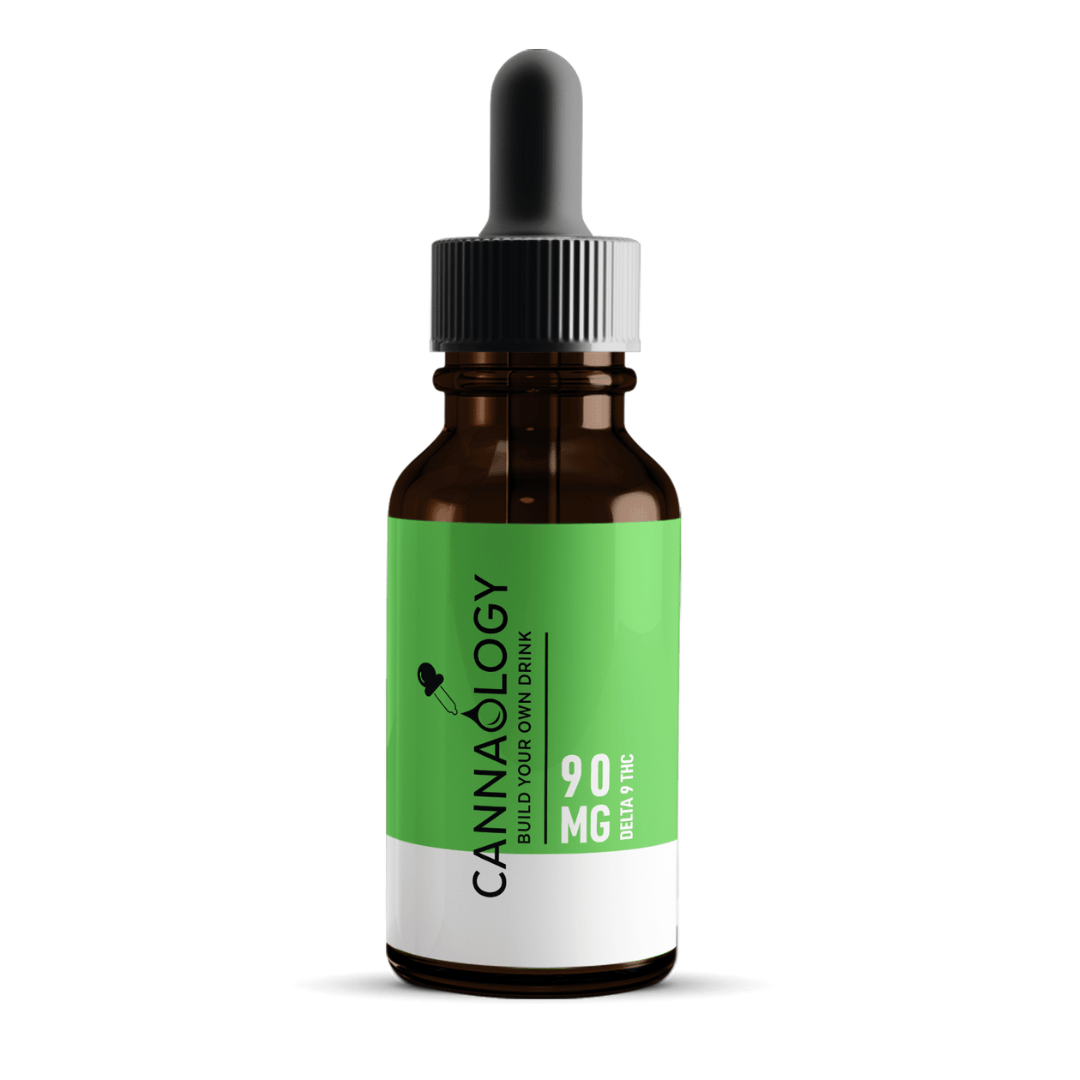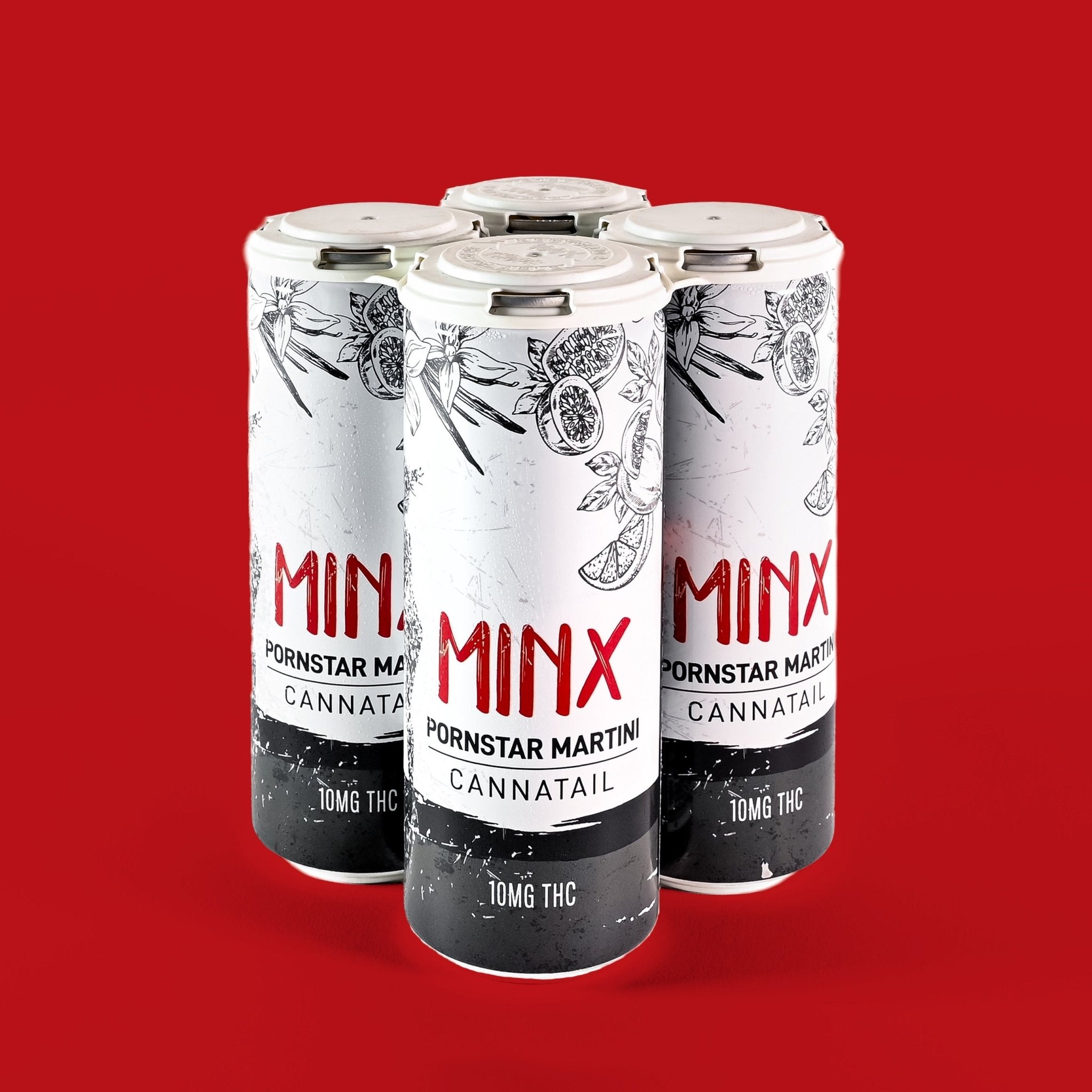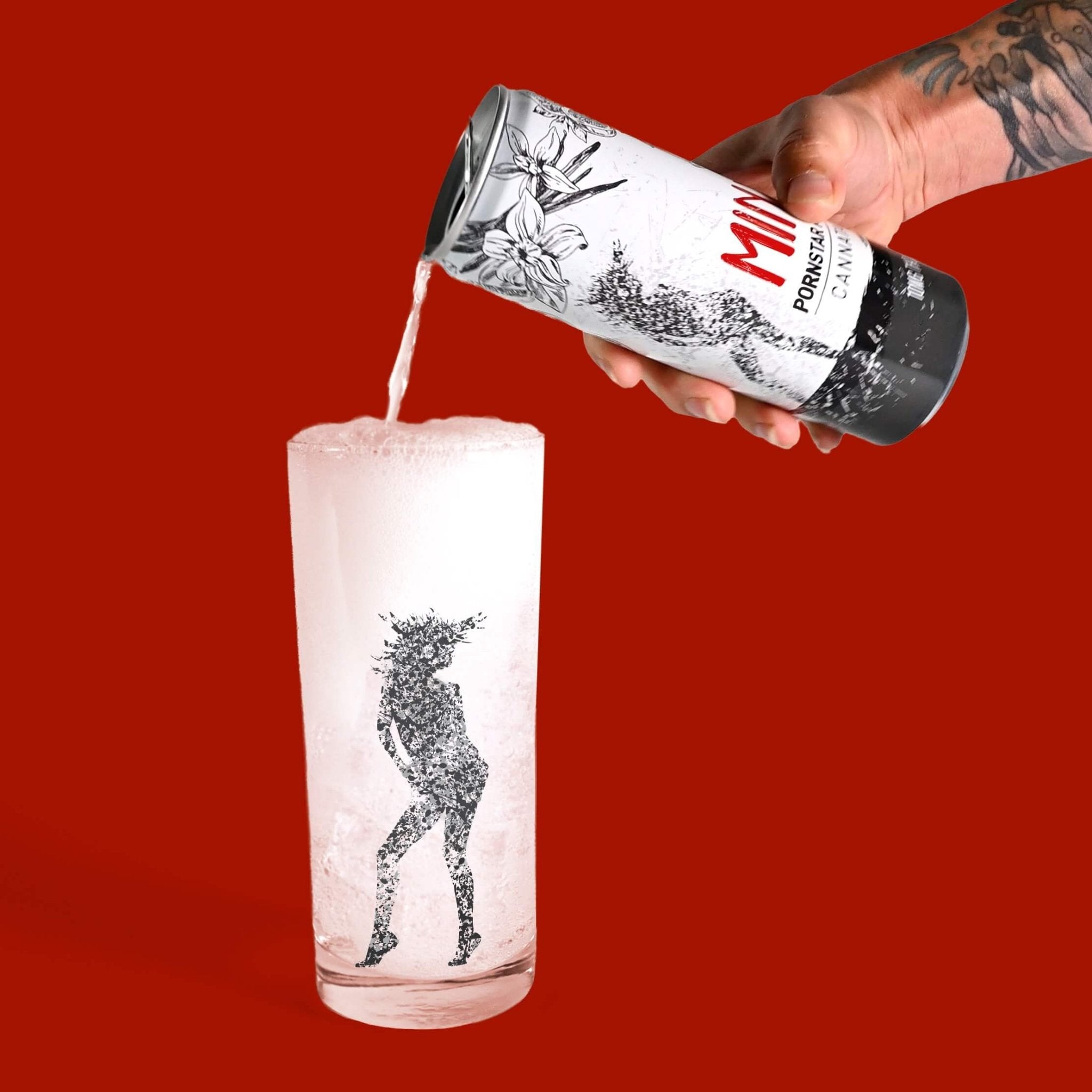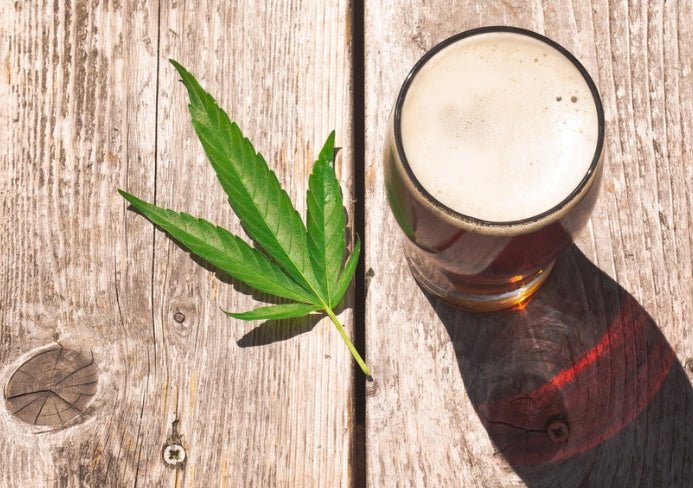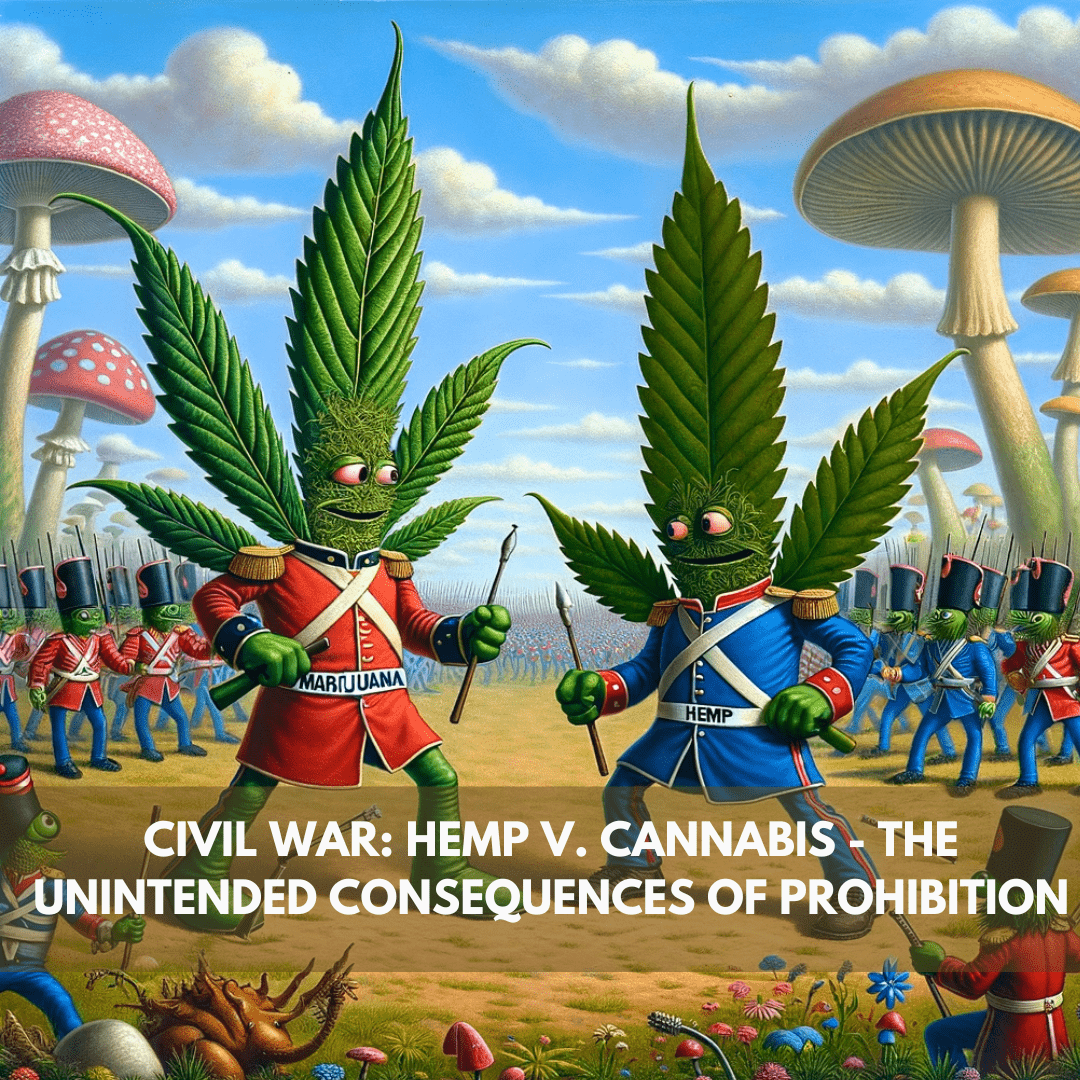The report is just the latest attack on the hemp-derived intoxicant market and could be an ominous portent of things to come in the deeply religious and conservative state.

Worries over the potential health threats associated with consuming Intoxicating Hemp Derivatives (IHDs) have prompted health officials and lawmakers to take action in the state of Mississippi.
According to multiple local and national media outlets, a cannabis testing laboratory in Mississippi is alleging that certain hemp-derived THC products being sold in gas stations and convenience stores throughout the state contain potentially hazardous contaminants and delta-9 THC levels far exceeding legal limits.
Representatives of the lab, Steep Hill Mississippi, said that some of the items tested contained significantly more THC than federal law allows, with some products allegedly having 30 to 40 times the legal limit (12%-14% Delta-9 THC). Scientists also discovered products containing dangerous pesticides such as bifenazate, myclobutanil, metalaxyl, malathion, chlorantraniliprole, diazinon, spinosad, and permethrins.
Cliff Osborn, president and co-founder of Steep Hill, indicated that those products would have failed the MS Department of Health’s standards of medical marijuana by containing that number and level of pesticides. The lab tested edibles, vapes, and smokables but did not identify brand names in its report.
"Our science team and their technicians tested these for potency, and we were staggered by the results we found," Osborn said.
"Our science team and their technicians tested these for potency, and we were staggered by the results we found."
- Cliff Osborn, President and Founder of Steep Hill Mississippi
The tested items were marketed as IHDs, which are legal due to the 2018 Farm Bill. However, because the FDA has refused to develop a regulatory framework for hemp-derived product offerings, most notably CBD, it is left up to the states to provide guidelines for the still-young and growing market sector.
Medicinal cannabis is legal in the state of Mississippi, but adult-use marijuana is still illegal. For many residents seeking relief from chronic pain, insomnia, anxiety, PTSD, and a myriad of other conditions who do not qualify under the state’s highly restrictive medical marijuana program, items containing IHDs are the only legal products that provide them with some measure of relief.
As a result of the lab’s findings, Mississippi state Rep. Lee Yancey, a Republican who co-wrote the state’s medical marijuana legislation, told the Jackson-based Clarion-Ledger that he plans to file a bill to regulate IHDs early next year. However, he did not definitively indicate the limits the legislation could impose on the state’s hemp industry.
“It (the bill) could do one of many things. It could require them (the products) to be tested in the state of Mississippi. It could require an age limit. We could do an all-out ban on anything that’s synthetic. These products are causing problems in all 82 counties,” Yancey told the newspaper.
"It (the bill) could do one of many things. It could require them (the products) to be tested in the state of Mississippi. It could require an age limit. We could do an all-out ban on anything that’s synthetic. These products are causing problems in all 82 counties.”
- MS State Representative Lee Yancey (R)
Not surprisingly, members of the medical marijuana community in the state were shocked and disturbed by the lab’s findings. During a press conference announcing the lab’s results, Kelly Williams, the founder and CEO of medical marijuana dispensary Kelly's Green, said, “These findings undermine patient access to safe and effective medicine, which in turn undermines the entire medical marijuana program. There are many Mississippians that have devoted their lives to supporting this program … it undermines their efforts as well."
"These findings undermine patient access to safe and effective medicine, which in turn undermines the entire medical marijuana program. There are many Mississippians that have devoted their lives to supporting this program … it undermines their efforts as well."
- Kelly Williams, Founder and CEO of MMD Kelly's Green
No one is disputing the unsettling results uncovered by Steep Hill Mississippi. If the alleged THC and pesticide levels are accurate, health officials should pull the items and thoroughly investigate the producers and manufacturers of the offerings. However, it is worth noting that hemp and cannabis do not typically require any pesticides or herbicides during the cultivation process.
One of the most unusual and appealing attributes of hemp cultivation is the plant's ability to flourish without the aid of pesticides or herbicides. Most plants require at least some chemical assistance to ward off pests like insects and weeds. However, because hemp plants are grown close together, each produces a tall, leafy canopy that blocks the sun, effectively eliminating weeds.
In addition, hemp plants are naturally resistant to most insects and predators, meaning farmers do not need to incorporate pesticides into the cultivation process. This capacity to avoid chemical intervention protects the soil and irrigating waterways from harmful contaminants and makes hemp farms perfect sanctuaries for pollinators like bees, small birds, and animals.
So, this glaring fact begs the question, why were there so many pesticides detected in these products when hemp doesn’t require their use to flourish? With corporate cannabis interests intensifying their efforts to snuff out and altogether ban IHDs, Steep Hill’s alarming discovery does seem a bit suspicious and convenient for those wanting to see hemp’s influence diminish in Mississippi and across the country.
Flashy press conferences and attention-grabbing headlines do not prove anything other than specific individuals’ needs to garner that attention and further their own agendas. If regulations have been violated and public safety has been threatened, appropriate actions must be taken and penalties enforced.
However, it is also essential to ensure someone is “watching the watchers.” This incident is just the latest in a series of attacks on the hemp industry by its supposed “sibling” market sector, marijuana. As more and more money pours into both industries, generating even more revenue and profits, the battles will only get bigger and more intense as this devastating and entirely avoidable Civil War continues to rage.





























